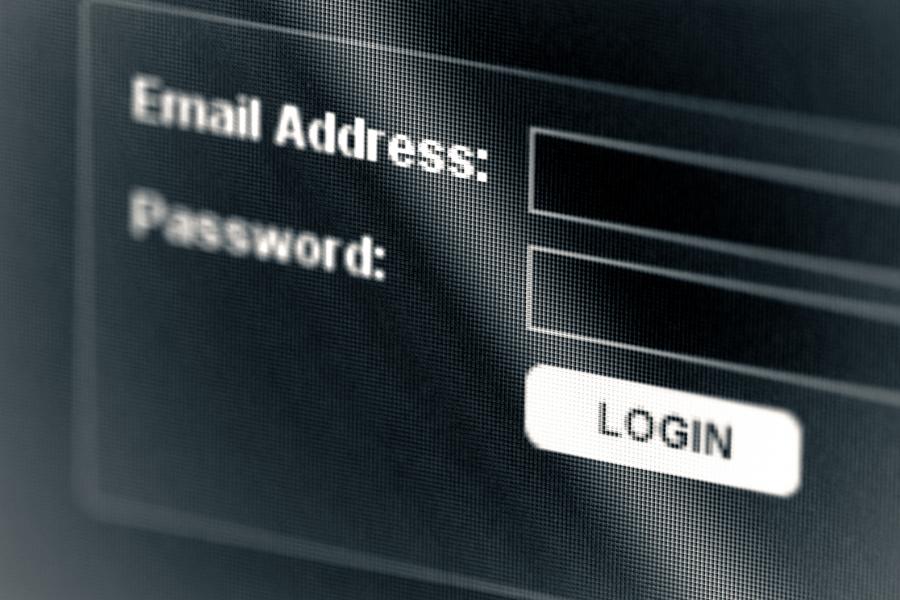
Digital Due Process Legislation is Overdue
During the Reagan administration when the 1986 Electronic Communications Privacy Act (ECPA) was first passed, the concept of email was known to very few people but college students and researchers. Now, it is a ubiquitous part of everyday life and business.
Unfortunately federal law hasn’t kept up with the times.
Current law only requires a warrant be obtained by federal investigators for electronic communication that is 180 days or newer, but H.R. 699, the Email Privacy Act, sponsored by Reps. Kevin Yoder (R-Kan.) and Jared Polis (D-Colo.), statutorily extends the warrant requirement by eliminating the 180-day rule. The bill modernizes ECPA, which currently provides inadequate privacy protections during governmental investigations to electronic content store by third parties on platforms such as the cloud.
Last week, the full House Judiciary Committee took up the issue of privacy and digital due process by holding a hearing on the bill.
At the hearing Chris Calabrese, vice president for policy at the Center for Democracy and Technology, testified that “[w]hen ECPA was passed in 1986, it relied on balancing three policy pillars: individual privacy, the legitimate needs of law enforcement, and support for innovation. Changes in technology have eroded this balance.”
Calabrese further explained that the current patchwork of privacy laws today do not provide appropriate protections for cloud-based data and that the current legal environment has created legal uncertainty for new technologies.
Much of the hearing focused on United States v. Warshak, which was decided in 2010 by the Sixth Circuit for the United States Court of Appeals. In Warshak, the court, describing our nation’s rapid technology change, noted that “[s]ince that advent of email, the telephone call and letter have waned in importance, an explosion of Internet-based communication has taken place.”
Likening the protections granted to phone calls and snail mail to Internet communication, the Warshak Court concluded that “if government agents compel an ISP to surrender the contents of a subscriber’s emails, those agents have thereby conducted a Fourth Amendment Search, which necessitates compliance with the warrant requirement,” Richard Salgado, director of law enforcement and information security at Google, articulated at the hearing that the Email Privacy Act is a mere codification of the privacy protections espoused in Warshak.
House Judiciary Chairman Bob Goodlatte expressed his support for ECPA reform stating that the Email Privacy Act “establishes for the first time in federal statute a uniform warrant requirement for stored communication content in criminal investigations, regardless of the type of service provider, the age of an email, or whether the email has been opened.”
Unfortunately, federal agencies have sought carve outs from ECPA reform. The U.S. Chamber opposes providing them with exceptions to the Email Privacy Act that could threaten email users’ ability to keep regulators from obtaining irrelevant and privileged communication.
With over 300 cosponsors in the House and a multitude of organizations such as major companies, civil liberties organizations, and trade associations in support of the Email Privacy Act, it is clear Congress should support digital due process by passing the Email Privacy Act.
Editor’s note: This post has been edited from a previous version.
The Weekly Download
Subscribe to receive a weekly roundup of the Chamber Technology Engagement Center (C_TEC) and relevant U.S. Chamber advocacy and events.
The Weekly Download will keep you updated on emerging tech issues including privacy, telecommunications, artificial intelligence, transportation, and government digital transformation.
